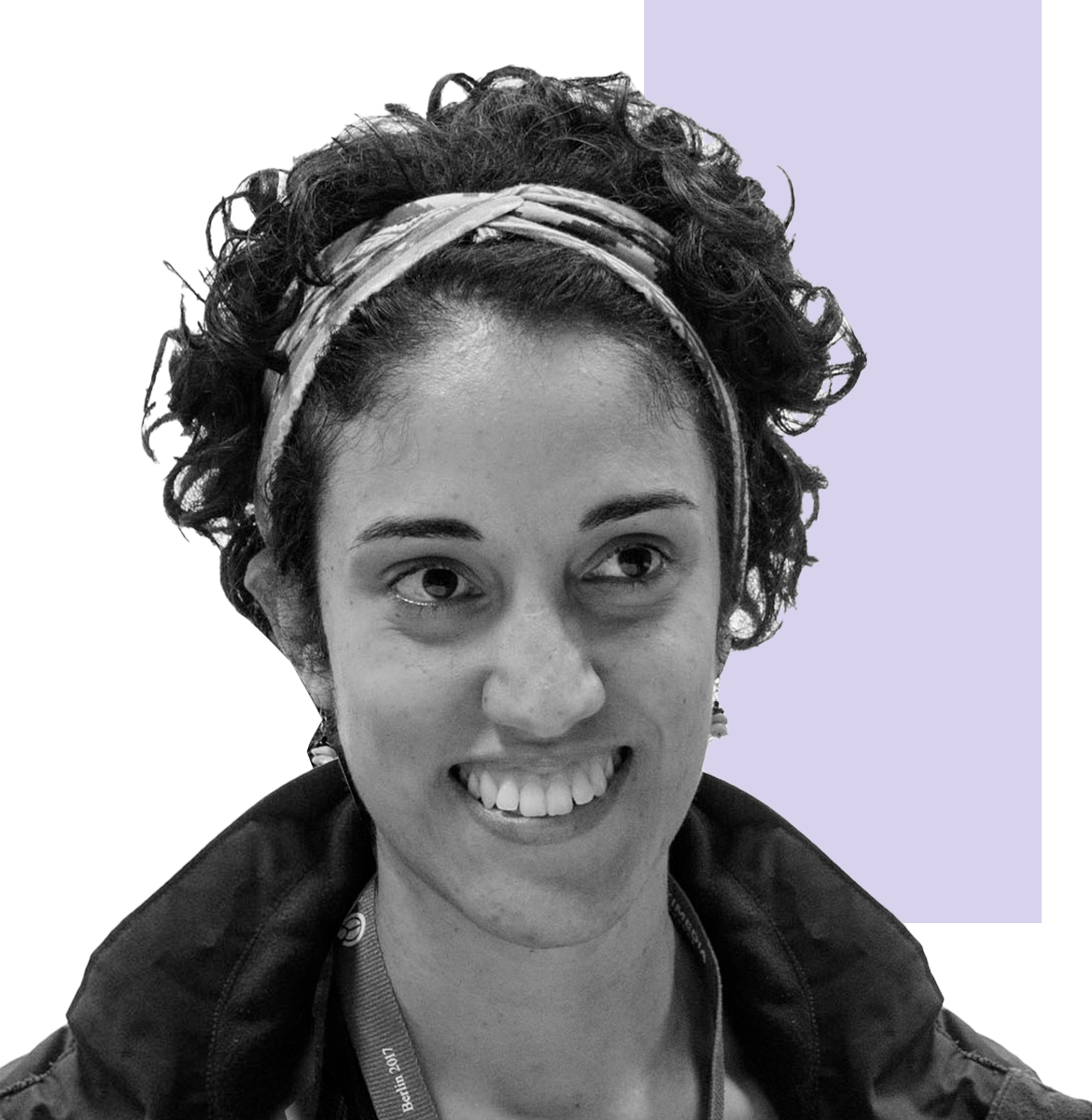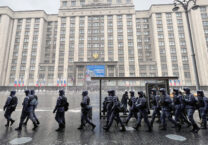If you were asked to name the greatest artists in history, who would come to mind? Chances are, the first few names that pop into your head are men.
“Whereas men experience presence in our art institutions, women experience primarily absence,” Judy Chicago, an American feminist artist describes, “except in images that do not necessarily reflect women’s own sense of themselves.”
Women, nonbinary, LGBTQI+, and other communities of artists have been left out of recorded history for generations. But Art+Feminism is working to change that.
As a community of activists, the non-profit is committed to closing information gaps in the art world relating to gender and feminism. This starts with improving the representation on Wikipedia.
In 2013, the group’s original co-founders Siân Evans, Jacqueline Mabey, Michael Mandiberg, and Laurel Ptak all found themselves working in the same area: covering the gender gap within art online, primarily on Wikipedia. Coming together, they realized the first step to increase their impact was to organize an edit-a-thon, where volunteers come together to create and edit Wikipedia articles related to a specific topic or theme at the same time.
Ten years later, what began as an event is now a non-profit organization that has hosted hundreds of edit-a-thons around the world. The global community of over 20,000 people has participated in more than 1,500 events in over 27 different languages around the world, resulting in the creation and improvement of more than 100,000 articles on Wikipedia and its sister projects.
Art+Feminism continues to focus on gender inequality but has also expanded to make sure all voices that are historically and systematically unwritten are heard. To celebrate its tenth anniversary in 2023, the organization is emphasizing the theme of Collective Action, inspired by the collective action that communities have taken globally to address inequities and disenfranchisement on Wikipedia and beyond.
I spoke with Juliana Monteiro, Co-Lead Organizer of Art+Feminism, about this milestone and to learn more about the non-profit.
Q: Art+Feminism is celebrating its tenth anniversary this year, congrats! Could you tell me more about the Collective Action theme?
Juliana: We were inspired by the collective action communities take across the world globally. Whether it’s a Black Lives Matter protest in the United States or Nigerian organizers gaining international support in fighting against police brutality, seeing people come together to stand for something has been inspirational.
For Art+Feminism: Year Ten, we’re reflecting on how communities have harnessed their collective power to address inequities and disenfranchisement on Wikipedia. We want to draw on our experiences to dive deeper into collective participation & action as a strategy for empowerment.
To support this, Art+Feminism has created a Global Celebration Fund that financially enables returning organizers to show “how you do Art+Feminism”. The first round of funding was just awarded, and just a few of the recipients were: Anthony Diaz, an Art+Feminism Network Organizer in the Philippines who is creating a magazine publication, and Karen Keifer-Boyd at Penn State, who is working to archive their work with Penn State and Art+Feminism with the help of our funding.
In addition, we will also be hosting an event in April in Houston, Texas, featuring editing workshops, opportunities to make art, interactive sessions with local organizers, and more.

Juliana Monteiro
![]()
[For our ten-year anniversary], we’re reflecting on how communities have harnessed their collective power to address inequities and disenfranchisement on Wikipedia.
Q: What gets you excited about Wikipedia and other Wikimedia projects as a place to create change?
Juliana: Wikipedia is a major player on the internet. The English Wikipedia is one of the top most visited websites in the world, and one of the last platforms that remains relatively free from corporations’ interests or influence. But Wikipedia is not exempted from bias and knowledge gaps – it is fundamental to work with and within the community of volunteer editors from many different places to try and change this scenario.
Wikipedia defines itself as an encyclopedic project, but it is also key to ask, “who decides what knowledge is going to be shown and shared?” The answer relies again on the community of editors that can always work towards a more inclusive, diverse, and equal project. To create change, we want to work with these editors — beginners or not — because we believe that meaningful and impactful changes come from and for the people.
![]()
To create change, we want to work with these editors — beginners or not — because we believe that meaningful and impactful changes come from and for the people.
Q: If there was one thing you would want people to know about Art + Feminism, what would it be?
Juliana: Art+Feminism is dedicated to advancing toward greater equality, diversity, and inclusivity. This involves enhancing Wikipedia articles in various languages, particularly those that pertain to historically marginalized groups such as women, Black, Indigenous, people of color (BIPOC), LGBTI+, and others who have been excluded from mainstream narratives.
Our aim is to continue building upon our efforts, as evidenced by our transformation into a non-profit organization over the past decade. Our community is comprised of individuals who share our vision and are committed to editing Wikipedia articles that highlight their own stories and those of others like them.
Our impact is not solely measured by quantitative metrics but also by qualitative metrics. These may include the community’s experience during our meetups, the availability of community hours for members to connect with each other, and even our collaboration with the wider Wikimedia movement.
![]()
Our impact is not solely measured by quantitative metrics but also by qualitative metrics. These may include the community’s experience during our meetups, the availability of community hours for members to connect with each other, and even our collaboration with the wider Wikimedia movement.
Learn more about Art+Feminism and get involved here.
. . .
Does the content on Wikipedia reflect the world’s diversity?
Every day, volunteers all over the world—like the ones featured on this blog—work on knowledge equity initiatives to help close knowledge gaps. Want to understand why this work matters? Watch this video, part of our A Wiki Minute series, to learn more.
. . .
This blog is part of Open the Knowledge: Stories, a series which features volunteers from the Wikimedia movement who are helping the world truly find the sum of all human knowledge on Wikimedia projects. If you want to know more about what knowledge equity is, why it matters, and how you can help us achieve it, join us at Open the Knowledge.
. . .
This interview has been edited for clarity and length.
Barbara Kandek is a Communications Associate at the Wikimedia Foundation.

 1 year ago
79
1 year ago
79

